 Tracing the Tribe is now in Seattle at the Association of Jewish Libraries conference.
Tracing the Tribe is now in Seattle at the Association of Jewish Libraries conference.I'm helping Daniel Horowitz of MyHeritage.com at the conference, which opened today. People were coming by even before the event officially opened.
Attendees are librarians, archivists and educators at universities, congregations, day schools and elsewhere, in the US and Israel. Some are active in their local Jewish genealogical and historical societies.
It was really interesting seeing so many people who knew about Tracing the Tribe, and many who told us that their users ask them how to start genealogy research.
There were friends of cousins who live here in Seattle, as well as those from many cities who knew one or more of our Dardashti cousins. Monday night, I'm seeing the cousins and going to a birthday barbeque for my cousin Charlie.
Daniel will present "Technology and Museums: A Success Story to Retrieve Information," discussing the partnership between MyHeritage.com and Beit Hatfutsot (Museum of the Jewish People) to grow the museum's collection of Jewish family trees.
Among the familiar faces at the conference is Zvi Bernhardt of Yad Vashem, who will also be speaking later this month at JGSLA 2010, July 11-16.
The keynote speaker tonight was the very animated and interesting Joseph Janes, author and associate professor at the Information School of the University of Washington, who attempted to explain how different libraries are today in the digital age, how some things are the same and what may be coming down the road.
One great quote was that in the old days, when one said "research," it meant standing up and going to get the necessary information. Today, the perception of the term is that research and resources will come to the person who needs it, through the Internet.
While we of a certain generation - likely anyone over 30 - tend to think externally about research, today's students, who have grown up with computers and other electronic information devices since childhood (unlike adults who had to learn the technology), are "wired" for multi-tasking and they think internally about research.
Today the conference focused on meetings and newcomer sessions; tomorrow, the sessions start and Daniel and I will each try to attend sessions of personal interest.
Sephardic topics include:
-- Shulamith Berger will speak on the "Sephardic Collections at Yeshiva University'," in its Mendel Gottesman Library, focusing on the Ladino book collection. It contains several hundred rare Ladino books, which were recently catalogued and microfilmed.
-- Amalia Levi will speak on "Archiving Balkan Jews: Reclaiming the 'Sephardic Homeland' through social media, discuss how social media can be used to unite historians and scholars and how it can promote the creation of online archives for Sephardic studies.
-- Hazzan Isaac Azose will speak on the history of the Seattle Sephardic community.
-- Julia Eulenberg will present the history of Jewish businessmen in the Western US from the 19th century, and describe how she gathered the information.
There will be sessions on Yiddish culture, focusing on Yiddish Theater in Argentina and Yiddish Publishing in Winnipeg.
In "Resources at Yad Vashem," Zvi Bernhardt will speak on two topics:
-- "Yad Vashem Reference and Information Services: On Integrating 'Corporate Cultures" in a Reference Setting," as it discusses the combining of Yad Vashem's reference service units (library, archive, photo archive and the Hall of Names.). He'll talk about difficulties in combining the various departments including resistance of some staff and administration to the change, and how the departments have evolved to better fulfil the needs of the public.Zvi will also be speaking at the 30th IAJGS International Conference of Jewish Genealogy (JGSLA 2010) later this month, from July 11-16, in Los Angeles.
-- "Resources at Yad Vashem: Online and Offline" will address the organization's resources, including the database of Shoah Victims' Names, photo archive, library catalog, Shoah Resource Center, scholarly articles and stories of the Righteous among nations, as well as its online services for the public such as basic research, genealogical and scholarly research and more.
Yoram Bitton will present "Columbia University's Hebrew Rare Book and Manuscript Collection," featuring thousands of of items, mostly from the 12th-19th centuries. It was unknown to the scholarly community until the unversity began cataloging it.
Rachel Misrati of the National Library of Israel will speak on "Who's Been Using my Archives: A Historical User-Study of Personal Archive Users" in the NLI's Archives department. There are some 400 personal archives in this department.
Social media is also a focus, with Heidi Estrin and Diane Romm presenting AJL and the social web, discussing the organization's online presence, including website, blog, podcast, Facebook page and more.
There's a session on the huge digitizing project at the US Holocaust Memorial Museum, which has covered more than 10 million pages. Michlean Amir will discuss problems of storage, access, quality control, restriction issues and future plans.
Next year's AJL conference will take place in Montreal, June 29-22, 2011. The theme is "Cultural Diversity/Cultural Mosaic: From Bagels to Borekas."
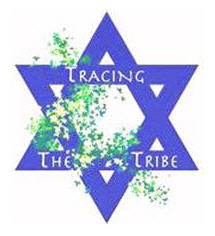


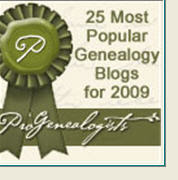
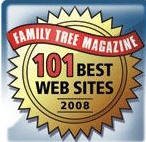





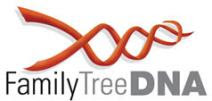







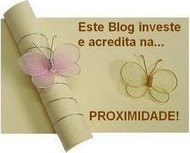





No comments:
Post a Comment